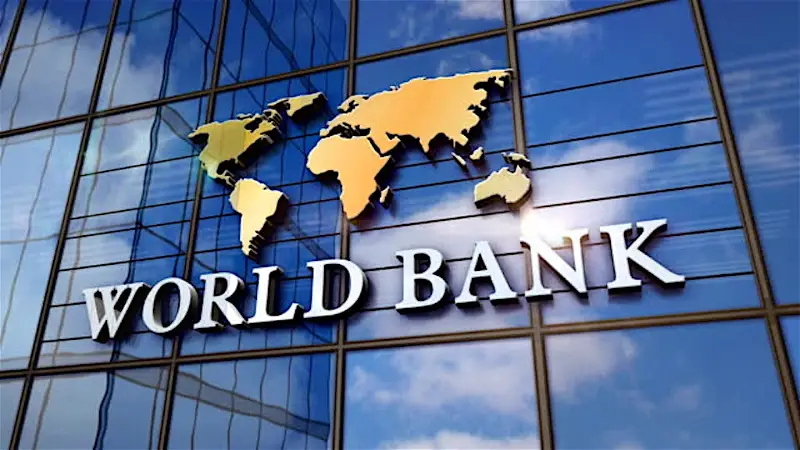
•Says forex backlog reduced to $5bn
At the backdrop of the sustained revenue pressure and scarcity of foreign exchange the Federal Government, FG, has opened talks with the World Bank to secure a $1.5 billion loan.
Minister of Finance and Coordinating Minister for the Economy, Mr. Wale Edun, who disclosed this yesterday in an interview with Bloomberg, linked the borrowing to the need to improve supply of foreign exchange and soften the pressure on exchange rate.
He said, however, that the Central Bank of Nigeria, CBN, has reduced forex exchange backlog to $5 billion.
Bloomberg quoted Edun to have stated, “We’re hoping to get $1 billion or $1.5 billion from the World Bank” for budgetary support.
He added, “It is a matter of discussion at the moment, but we think we will get the support because we are continuing with our reforms.”
Since taking office in May, President Bola Tinubu has scrapped Nigeria’s costly fuel subsidies and relaxed its exchange-rate policy.
The reforms have been welcomed by international investors, but caused a surge in the cost of living, with inflation hitting a 27-year high of 28.9% last month and the naira slumping about 50% in value against the dollar.
The Bloomberg also quoted Edun to have said, “What we’ve done with fuel subsidies, what we have done in terms of the foreign-exchange market reform, deserve support. “We’ve done enough and we deserve to be rewarded imminently.”
Nigeria is also confident of having access to the eurobond market and may look to tap it later this year, if rates move sufficiently lower.
“The major issuers and the book runners have told us that there should be a window for Nigeria in the eurobond market,” he said.
Nigeria still operates an official exchange rate and provides dollars via the central bank to customers at that level.
But a lack of dollars in the domestic market means there’s a backlog of demand from companies who want to convert naira into the US currency to repatriate profits and pay bills. That’s pushed activity into the unofficial market, where the naira changes hands at much weaker levels against the dollar.
Edun said the central bank puts the current backlog at about $5 billion, following efforts to pay it down, and he voiced confidence that it could be cleared easily if steps to lift oil revenue and mobilize dollars already in the economy succeed.


